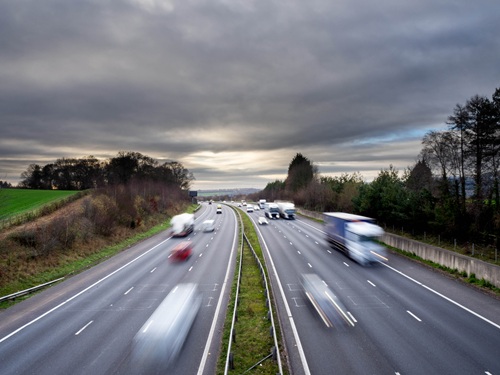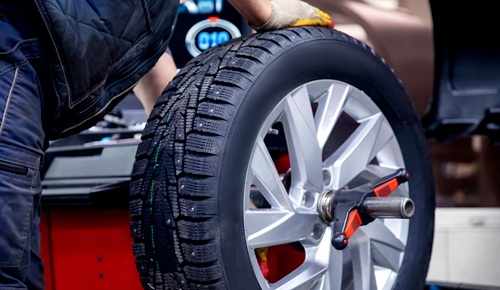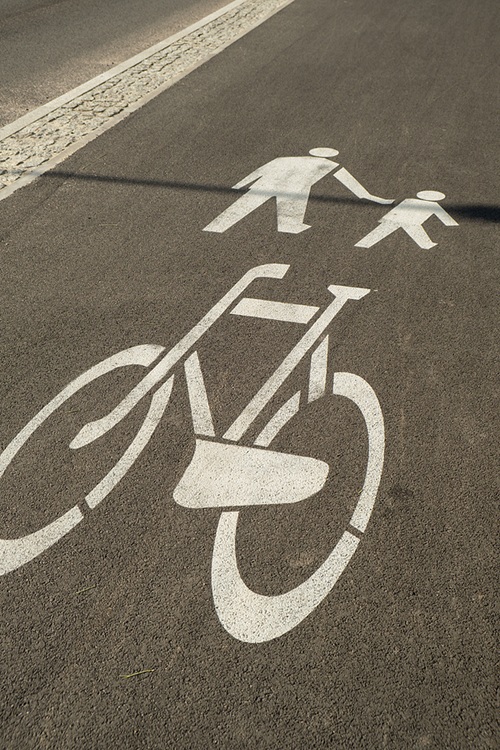Go safely’ is an often-used expression, and for good reason. Road safety is crucial for ensuring that everyone arrives at their destination in one piece. Here’s how you can follow road safety rules to make every journey safe.
Driving a car can be a pleasurable and enjoyable experience – , but prioritising road safety is essential to protect yourself and others on the road.
But a major part of being a driver is doing it safely. That is, ensuring your safety behind the wheel as well as those of all drivers and pedestrians around you. It doesn’t take much to keep safe – much of it is common sense – but a few minutes thought and consideration about the importance of safety can go a long way towards making your next journey a happy and successful one. Did you know that driver error accounts for over 90% of accidents? This highlights the importance of following essential road safety rules to keep yourself and others protected.
Here are MotorCheck’s top 10 road safety tips that every driver should know about – and follow every day.

- Don’t speed - Speeding is one of the biggest contributors to road accidents worldwide, making it a critical road safety rule to always follow. When you get behind the wheel of your car, you should be trying to get from A to B safely. You are not in a race. Driving too fast puts you and other road users in unnecessary danger and gives you less time to make correct driving decisions. Even if you are within the speed limit, driving too fast can still be dangerous, such as in fog or poor weather, at night or through roadworks.
- Belt up front and back – One of the most well-known road safety facts is that seatbelts reduce serious crash-related injuries by 50%. Mandatory use of seatbelts has been the law since 1983 (and 1991 for rear seat occupants) and for good reason – they really can save your life in an accident. Always buckle up before you drive anywhere, no matter how short the distance. Make sure the belt is across your chest and hips, not your neck and stomach.
- Correct child seats – According to road safety experts, the correct child seat can reduce fatal injuries in children by up to 70%. The rear seat of a car is the safest place for any child under 13 years, and their well-being can be greatly improved with the use of correct size child seats or boosters. Check you have the right size seat for your infant’s age using the manufacturer’s instructions. If in doubt, take the seat to a supplier or specialist fitter and ask them to check for you.
- Don’t drink and drive – It couldn’t be simpler: if you are going to drink, don’t drive. And if you are going to drive, don’t drink. Plan ahead and organise a taxi or a lift or agree among your group that one of you will do the driving duties for the night. There are severe penalties for drinking and driving in the UK, but punishments aside, you should never consider driving after taking alcohol, for your safety and everyone else’s. Following this essential road safety rule can prevent thousands of accidents annually.
- Keep your distance – Even today’s modern cars, with stopping assist and anti-lock brakes, need a certain amount of road to pull up safely. It takes 75 feet to stop from 30mph and 175 feet if you’re doing 50mph, so always leave plenty of space between you and the car in front. Even if you feel the person ahead of you is going too slow, don’t be tempted to get close and ‘tailgate’ them. It’s not worth it.

- Maintain your vehicle – A well maintained car is a much safer prospect for you and your family than a vehicle that has been neglected in terms of basic checks for weeks or months, and contributes to better road safety overall. Every car should have a service once a year, in addition to the mandatory MOT test, so that a specialist can inspect vital components such as brakes and steering. And check your lights and tyre pressures at least once a week.
- No mobile phone – No phone call is more important than someone’s life or well-being, so don’t be tempted to talk on the phone while driving. Hands-free calls are allowed in the UK, but these can still get in the way of the important job of driving and the police will stop you if they think you are being distracted. If a call is necessary, make it short. Pull over somewhere safe if you are taking a long call.
- Take a break – Don’t ever drive tired. Trying to control a vehicle while feeling drowsy can cause the mind to wander, observations to be reduced, and there’s even the chance that you could drop off altogether behind the wheel. If you start to feel tired, pull over safely, preferably at a service station, have a tea or coffee, and get out of the car for some fresh air. Only drive again when you feel ready.

- Share the road – You might feel that you pay handsomely for your road tax, but that does not mean you own the road. It is a public space that is there for everyone, so share the road responsibly when driving and consider other motorists’ needs too. Pedestrians, motorbike riders and cyclists all need their fair share of tarmac, so don’t forget them either. Following this simple but often overlooked road safety tip can save lives
- Check for safety recalls – It’s important to know if your car needs any remedial work, and automotive manufacturers will issue recalls if a safety related feature needs attending to. These are free to have carried out and should be booked in as soon as possible. Car history check services such as MotorCheck’s include manufacturer recall notices in their reports to find out if a car has any issues to be addressed.
By following these essential road safety tips, understanding key road safety facts, and adhering to road safety rules, we can all contribute to safer roads for everyone.